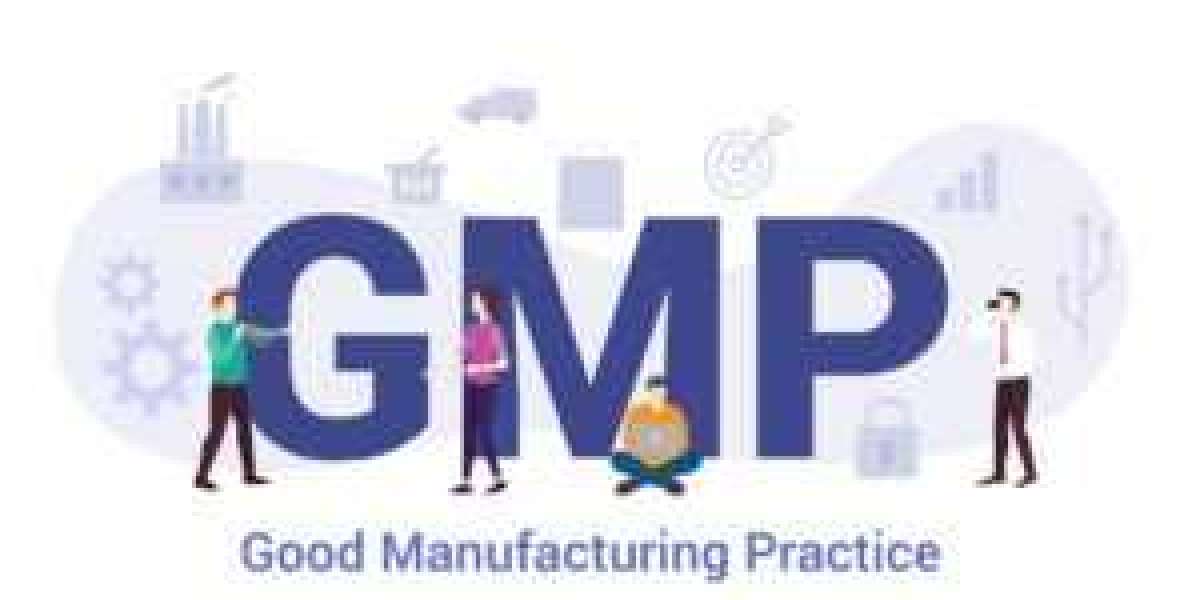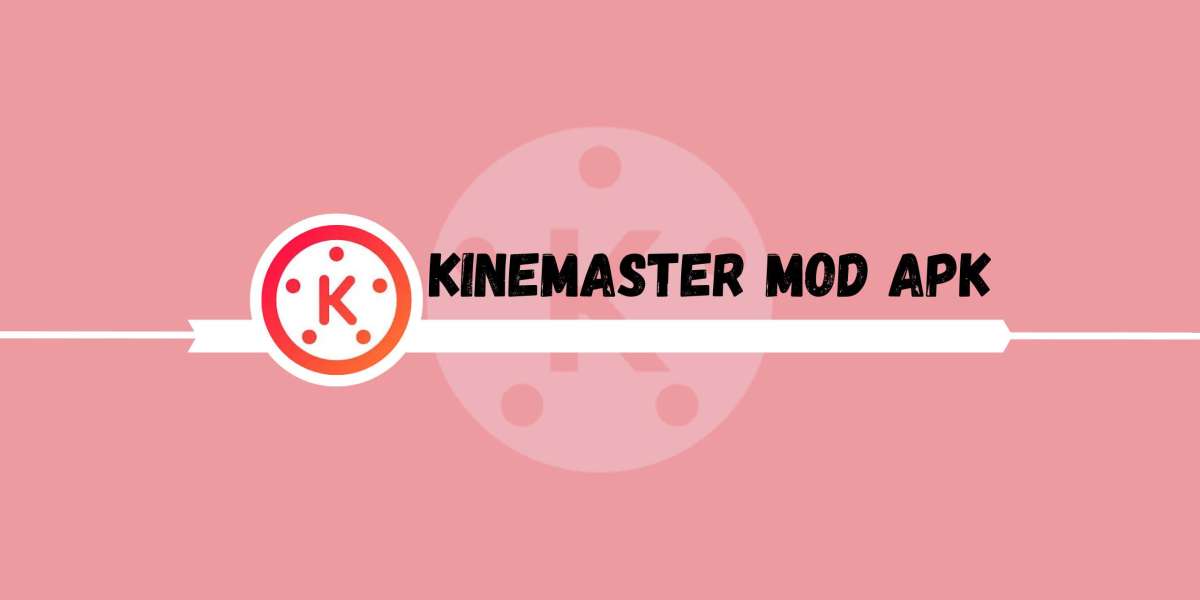In the ever-evolving landscape of the pharmaceutical industry, ensuring the safety and efficacy of pharmaceutical products is of paramount importance. One crucial aspect that plays a pivotal role in maintaining high standards is cGMP, or Current Good Manufacturing Practice, and the training associated with it. cGMP training is an essential component for professionals working in pharmaceutical manufacturing, as it provides the necessary knowledge and skills to adhere to regulatory standards and produce high-quality products.
cGMP is a set of guidelines and regulations established by regulatory authorities, such as the U.S. Food and Drug Administration (FDA) and the European Medicines Agency (EMA), to ensure the consistency, safety, and quality of pharmaceutical products. These guidelines cover various aspects of the manufacturing process, including facility design, equipment maintenance, personnel training, and documentation practices.
Training in cGMP is imperative for personnel involved in pharmaceutical manufacturing, as it equips them with the understanding of regulatory requirements and best practices. This knowledge is crucial to maintaining compliance with industry standards and avoiding costly regulatory issues. cGMP training covers a range of topics, including hygiene practices, equipment validation, documentation procedures, and quality control measures.
One key aspect of cGMP training is fostering a culture of quality within the organization. By educating personnel on the importance of adhering to cGMP principles, companies can instill a sense of responsibility and accountability among employees. This culture of quality extends beyond regulatory compliance and directly impacts the overall reputation of the pharmaceutical manufacturer.
Ensuring that all employees undergo comprehensive cGMP training is not only a regulatory requirement but also a proactive measure to prevent errors and deviations in the manufacturing process. Through effective training programs, companies can reduce the risk of product recalls, deviations from quality standards, and adverse events that could harm consumers.
Continuous training and updating of knowledge are essential in the pharmaceutical industry, where advancements and regulatory changes occur regularly. cGMP training programs should be designed to keep employees informed about the latest industry developments, ensuring that manufacturing processes remain in line with current standards.
In conclusion, cGMP training is a cornerstone in the pharmaceutical industry, providing employees with the knowledge and skills needed to adhere to regulatory requirements and maintain the highest standards of product quality. By investing in comprehensive training programs, pharmaceutical companies not only ensure compliance with regulatory authorities but also foster a culture of quality and excellence that benefits both the organization and, most importantly, the consumers of pharmaceutical products.








